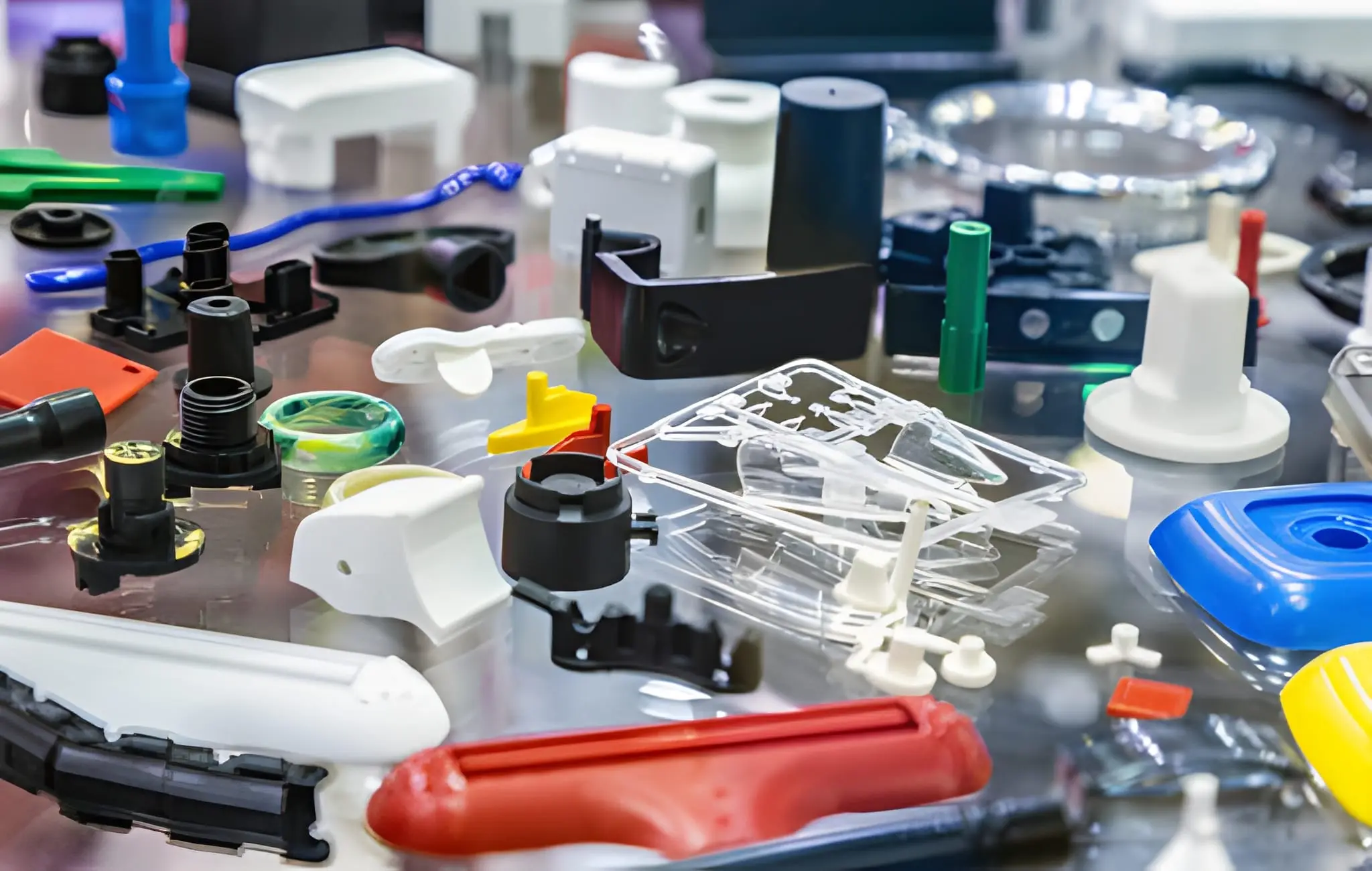Precision manufacturing plays an important role in creating accurate and reliable parts used in different industries such as automotive, medical, and consumer products. Every product that requires the same size, shape, and quality in every batch depends on well-designed tools and molds. These molds shape the raw materials into finished products with accuracy and speed.
To make this possible, manufacturers use plastic injection tooling. It helps them create detailed molds that can produce identical parts over and over again. This process saves time, reduces waste, and maintains quality. In this article, we’ll see how custom molds support precision manufacturing, from design to production efficiency and quality testing.
Custom Mold Design is The Foundation of Precision
Every high-quality product begins with a well-planned mold. The design of the mold decides how the plastic will flow, cool, and form inside it. A good mold design keeps the pressure and temperature balanced so that the part does not warp or lose shape. Designers use 3D software to create and test the mold before it is made. These computer models help find problems early, which reduces the need for later corrections. This planning step ensures every product made from the mold meets the right measurements.
Why Material Selection Shapes Manufacturing Quality
The type of material used to make the mold plays a big part in how long it lasts and how well it performs. Hard steel and aluminum are common choices.
- Steel is used for high-volume production because it lasts longer.
- Aluminum is good for smaller production runs and helps speed up cooling times.
Selecting the right material depends on cost, production goals, and the kind of plastic being used. A mold made with strong materials can handle repeated use while keeping the same level of precision.
Precision Engineering and Tool Fabrication
After the design stage, the mold goes into the fabrication process. Skilled technicians use machines like CNC and EDM to shape the mold with extreme accuracy. These machines cut materials into exact shapes, down to very small measurements. Every detail matters because even a small error can affect the product’s shape or performance. During fabrication, the mold is checked several times to make sure it matches the design perfectly. Careful inspection ensures that when production starts, each part will be made exactly as intended.
The Role of Custom Tooling in Product Consistency
Consistency is one of the most valuable parts of using custom molds. When a mold is created with precision, every piece made from it will look and perform the same. This helps manufacturers produce large numbers of identical parts quickly and without quality loss. Custom molds also help reduce mistakes that can occur with generic molds. They guarantee that each batch of parts matches the design perfectly, which keeps customers satisfied and reduces waste.
Quality Control from Mold to Finished Product
Quality control is an essential part of precision manufacturing. Before a mold is approved for use, it goes through testing to check temperature control, pressure, and part removal. If anything is wrong, it is corrected immediately. These tests ensure that the mold can handle production demands without causing defects.
During production, operators monitor things like injection speed, temperature, and pressure. Real-time tracking helps detect any problems right away. If a change happens, the settings are adjusted to keep parts consistent. This process prevents wasted materials and defective parts. Regular checks also increase the lifespan of molds, helping manufacturers get more value from their investment.
The Impact of Plastic Injection Tooling on Modern Manufacturing
Plastic injection tooling has changed how products are made across industries. It allows manufacturers to produce complex shapes with smooth finishes and consistent quality. This method supports high-volume production without losing precision.
Custom tooling makes it possible to create lightweight, durable, and detailed parts that meet tight specifications. Manufacturers also gain flexibility with this process because molds can be adapted for new designs or product improvements. It supports innovation by giving engineers the ability to test new ideas while maintaining high accuracy.
Meeting Industry Standards and Innovation Goals
Precision manufacturing serves industries that require dependable and flawless parts. In areas like healthcare and aerospace, even a small mistake can cause serious problems. Custom molds help manufacturers meet strict safety and performance standards. They allow them to deliver parts that fit perfectly and perform well under different conditions. Custom molds also support innovation. Engineers can design and test new products quickly, make small adjustments, and bring them to market faster.
Precision manufacturing depends on careful design, advanced machines, and skilled craftsmanship. Custom plastic injection mold tooling gives manufacturers the ability to create accurate, repeatable, and high-quality products. It ensures every part meets exact standards, runs efficiently in production, and lasts through many cycles. With reliable molds and strong attention to detail, manufacturers can continue to produce products that meet industry expectations.
Also Read-Kickstart Your Tech Career with a Diploma in Information Technology at Sigma










